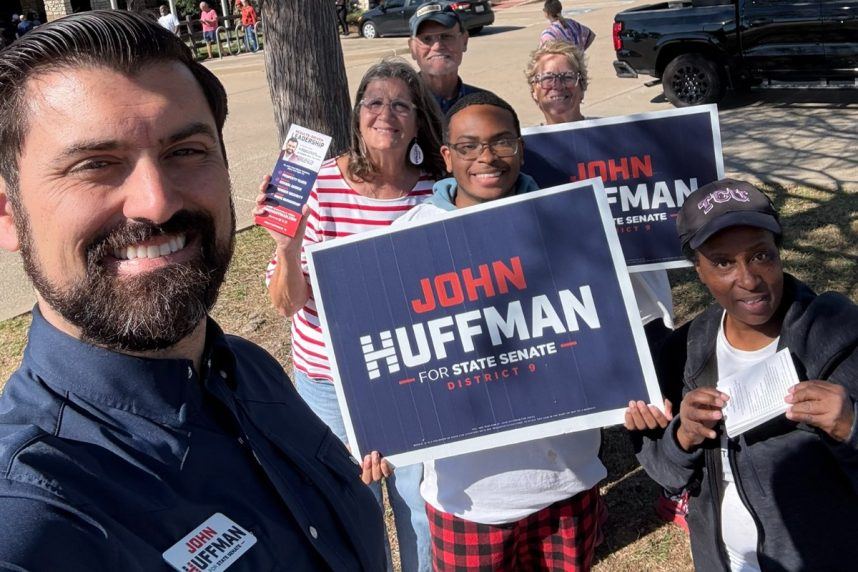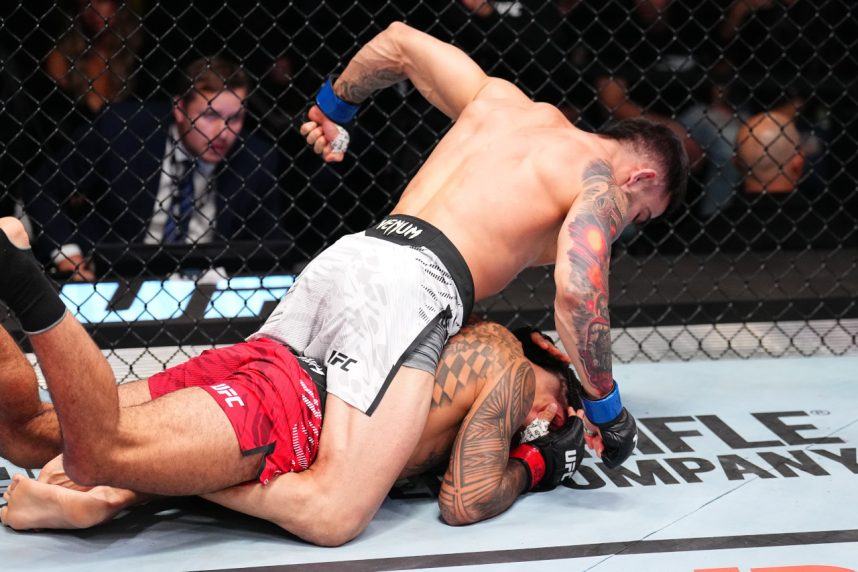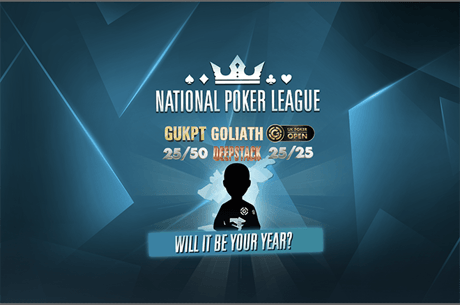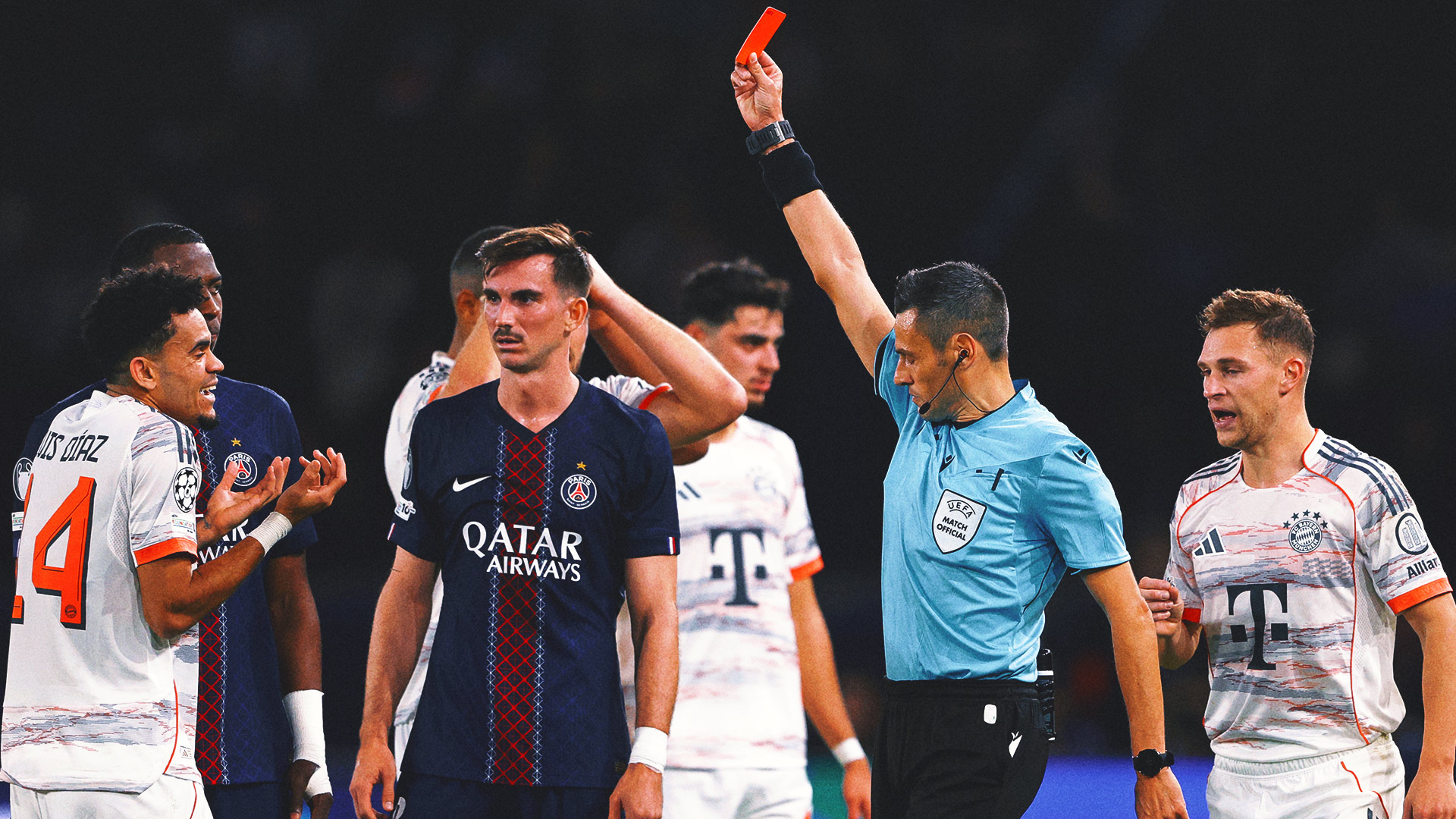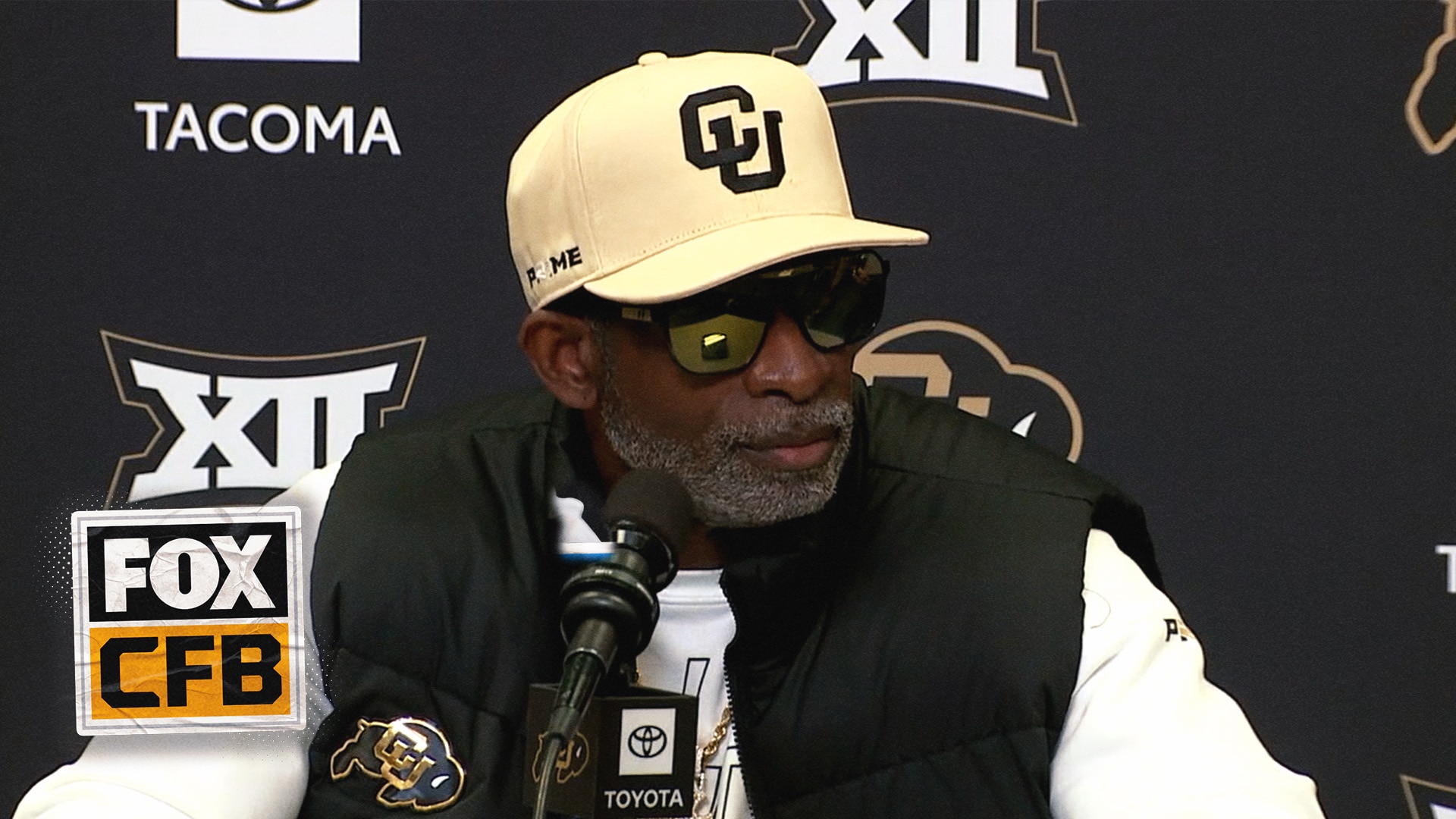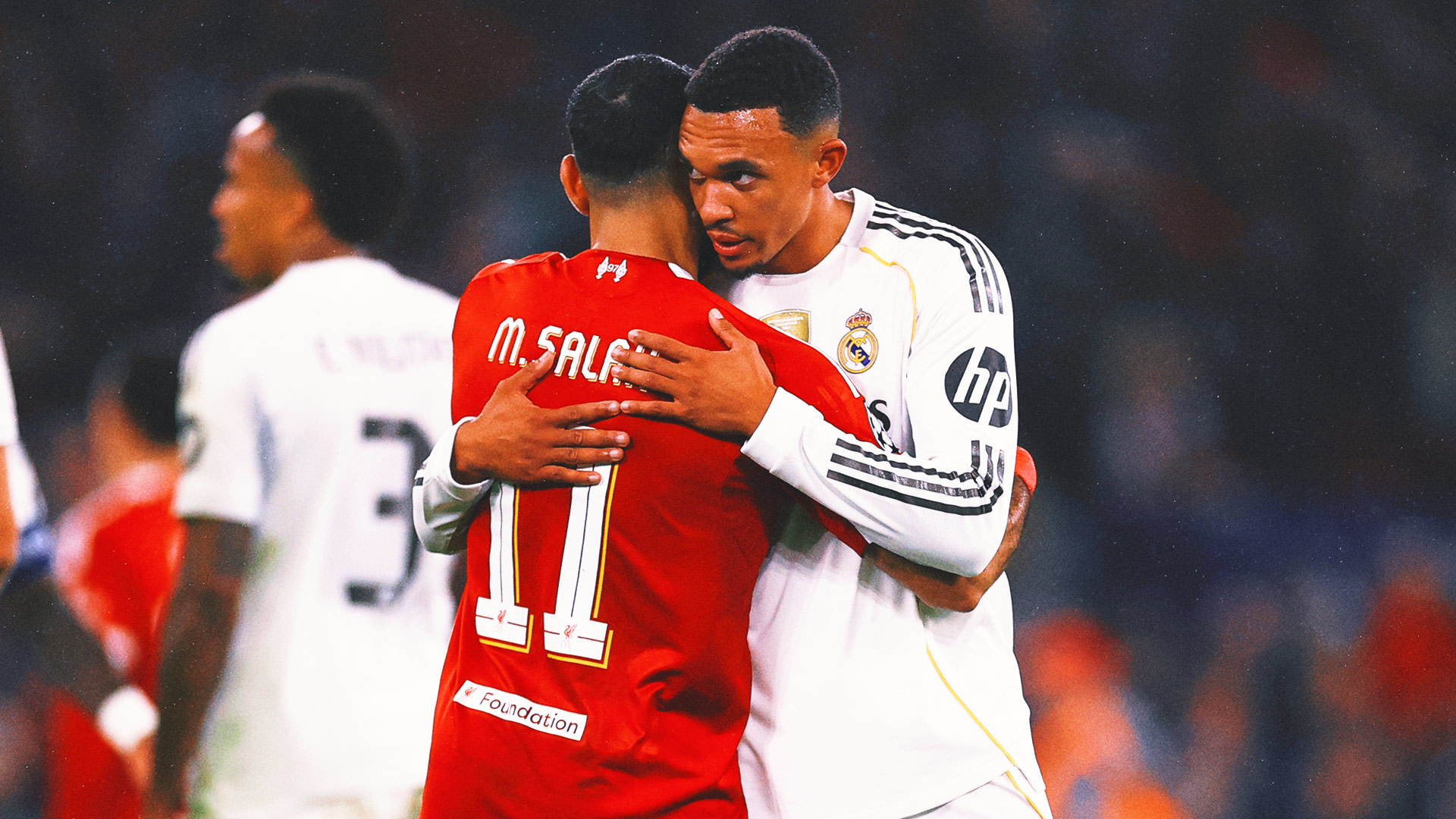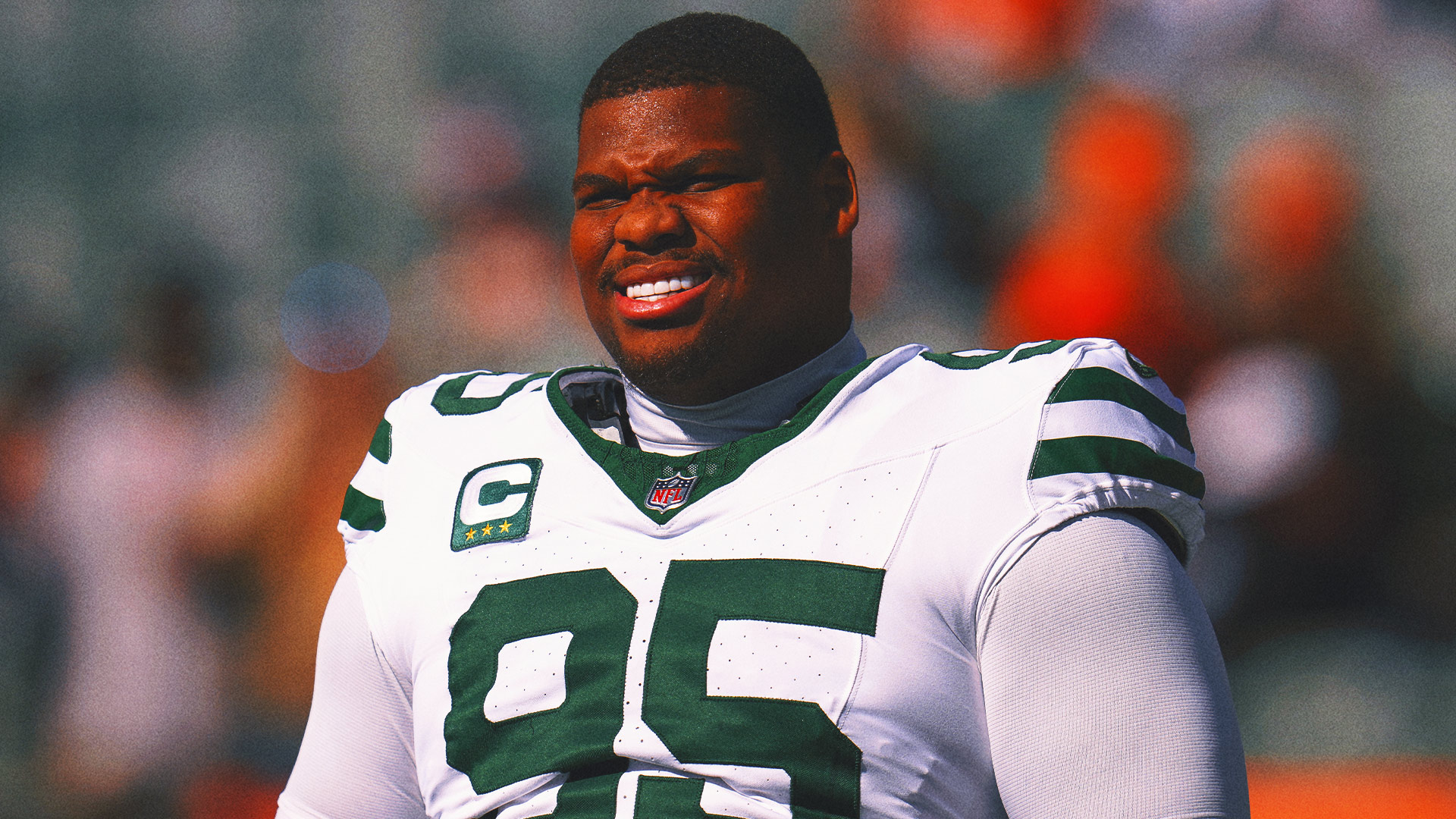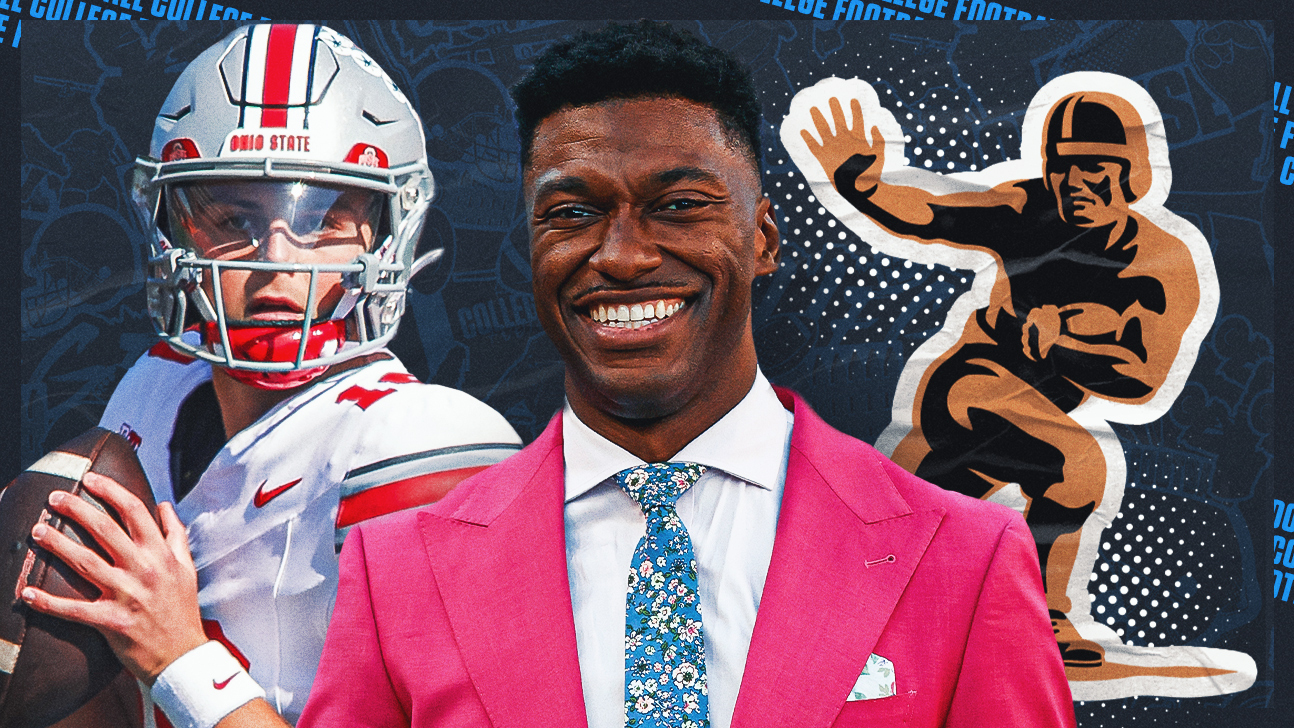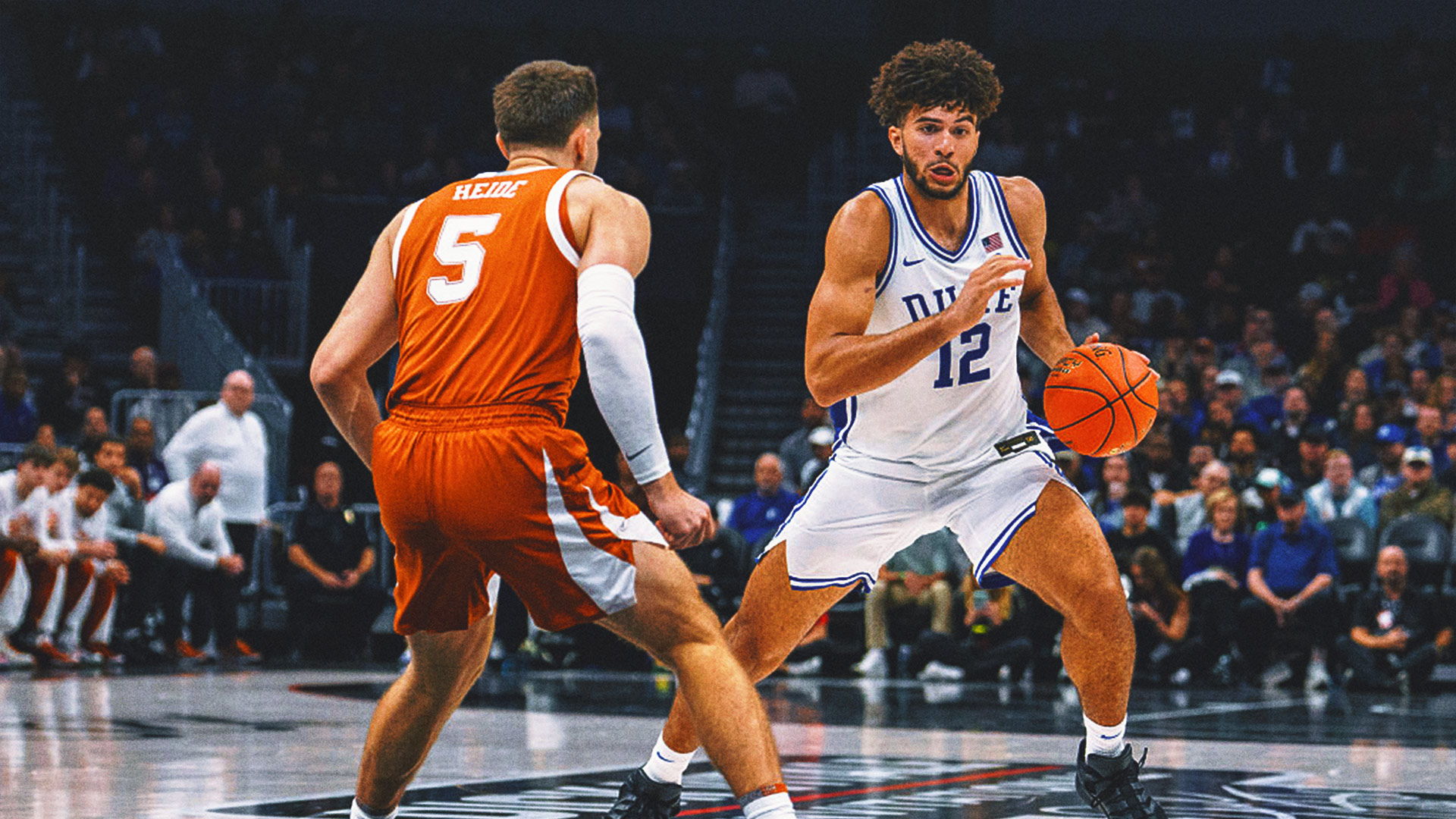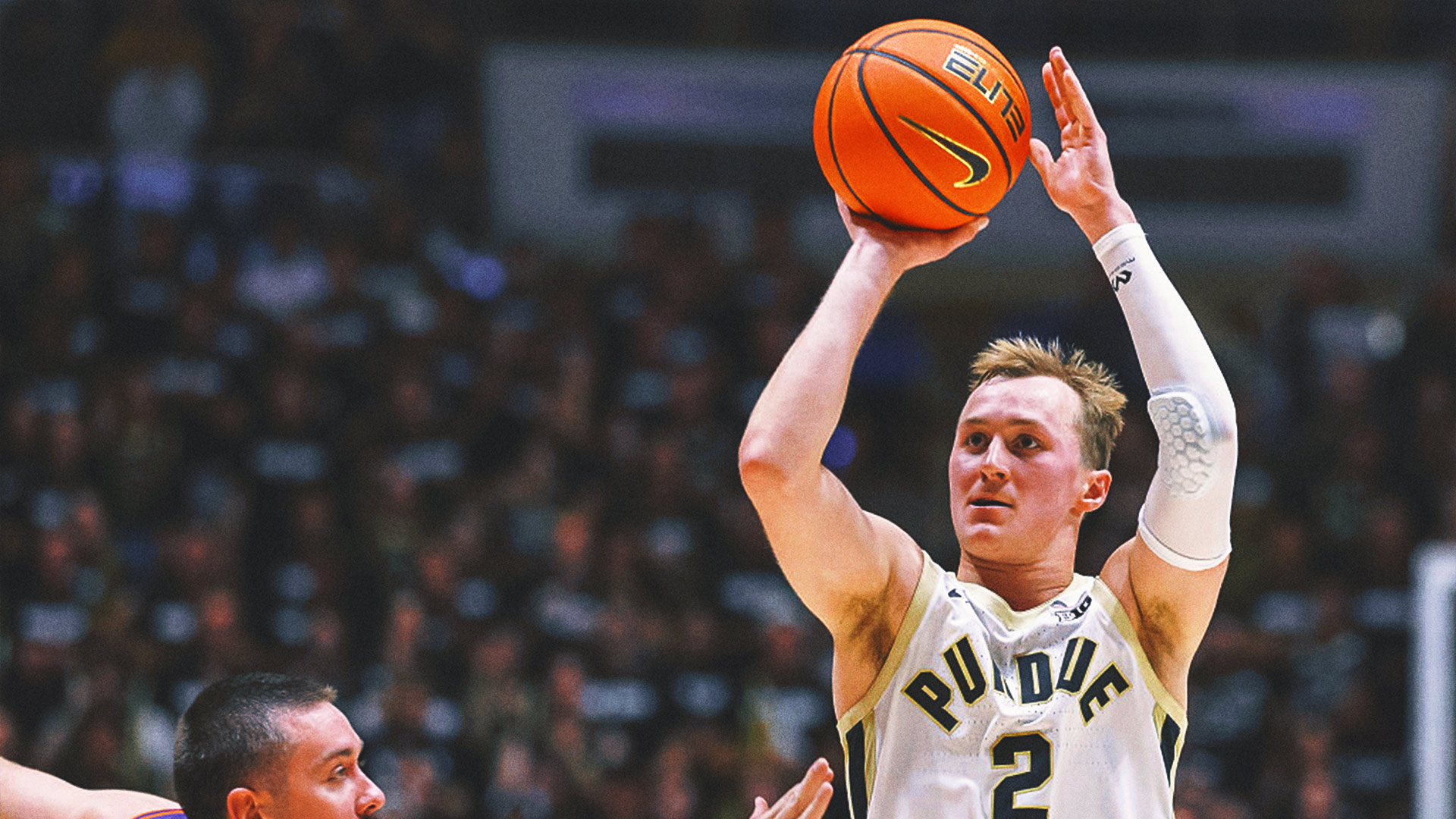Other than the “frozen envelope” that allowed the New York Knicks to win the draft rights to Patrick Ewing, it’s the most captivating conspiracy theory of David Stern’s tenure as NBA commissioner: that Michael Jordan’s temporary retirement from basketball to play baseball was not a voluntary decision on the Bulls superstar’s part, but rather a secret suspension for excessive gambling.
The notion is flimsy at best — but then, most conspiracy theories are. Various parties addressed it in the 2020 The Last Dance documentary, with Jordan saying, “There’s no truth to that,” NBA communications consultant Brian McIntyre calling it “total bulls**t,” and Stern saying this “urban legend” had “no basis in fact.”
Of course, denying and debunking are not the same thing.
But, yes, it defies logic to think the NBA would want its marquee superstar sidelined for a season and a half in his prime. Only Stern (who died in 2020), Jordan, and some of their inner circles would know for sure, but the smart money says the NBA did not actually slap Jordan with a suspension for gambling.
Hypothetically, though … if the conspiracy theory were true … in light of recent events … it’s becoming increasingly clear why sports leagues should, in a perfect world, want their active players and staff to cease all gambling activities.
I’m not saying I support leagues going full “nanny state” and taking away basic freedoms from their adult employees. And I’m not saying such a policy would be realistically enforceable.
But I am saying that for the integrity of the sports contests, a world in which athletes do not play table games in a casino, do not even mess around with online slots, do not expose themselves in any way to the characters associated with the gambling world nor the financial risks of tossing dice or spinning reels, is a much simpler world for league executives to live in.
A bad look for the league
On Oct. 23, the FBI announced arrests in two separate (but lightly overlapping) scandals. There was the sports betting mess, whereby, with Terry Rozier as the headliner, player stats were allegedly manipulated to help people win bets and injury information was shared for wagering advantages. And there was the poker scheme, starring Chauncey Billups, in which the mob allegedly rigged games, with Billups and other ex-athletes helping attract players.
None of this is good press for the NBA.
Many experts have posited that the scandals — particularly the sports betting one — are a net positive for regulated gambling, because they show how unusual wagering patterns can be exposed in a legal environment with oversight.
But the leagues surely hate headlines such as these. They make fans question the legitimacy of the product they’re watching, as well as the moral fiber of the players and coaches.
For the great, great, great majority of professional athletes and coaches — this may be a spot to bust out the cliched “99.9%” estimate — playing a little blackjack at Caesars New Orleans the night before a road game against the Pelicans is a non-problematic activity.
But there’s that great, great, great minority of instances to consider. There is potential gambling addiction, there are potential financial problems, and, as journalist Pablo Torre suggested on last Thursday’s “Hoopfellas” episode of the Pablo Torre Finds Out podcast, there can be troublesome associations when you dip into the gambling world.
Torre brought up current Los Angeles Clippers head coach Tyronn Lue, who is not named in the indictment regarding the mob-run private poker games but is apparently just one degree of separation away from two NBA staffers who are named, Billups and Damon Jones.
“An open secret around the NBA,” Torre said, “is that Ty Lue, who lives in Vegas in the offseason, also loves poker and is often seen at what is considered the nexus of the NBA poker world, the Aria High Limit [Lounge], often alongside another retired NBA player whom Lue had separately hired to his coaching staff in Cleveland, and who has called Lue his best friend, Damon Jones — which makes for, you know, just one hell of a best friend triangle.”
The implication is that, by hanging around in casinos and with gamblers, you put yourself in proximity of the likes of “Juice,” “Scruli,” and “Albanian Bruce.”
Riches to rags
Billups earned a reported $106.8 million just in terms of NBA salary over a 17-year playing career. Add on endorsements, coaching salary, and whatever other means he had of making money, and this is someone who, on paper, should have been in secure shape financially.
Athletes find all sorts of ways to blow their fortunes. Gambling may not be the most pervasive, but it absolutely is a way some multimillionaires stop being multimillionaires. And once you’re running low on money, or out of money entirely, or owing money, or merely less rich than you used to be and searching for ways to get back what you lost, you are vulnerable.
And that’s why, in a perfect world, the sports leagues would love to see their employees steering clear of all forms of gambling, even those like table games and slots that provide no direct integrity risk to the games.
And then there’s the matter of gambling addiction.
Recovering former problem gambler and radio host Craig Carton addressed this on his Hello, My Name Is Craig show last weekend.
“In regards to Rozier and Chauncey Billups and Damon Jones, we don’t yet if they are compulsive gamblers who fell prey to the addiction or if they were just guys looking at a quick, easy payday,” Carton said. “My gut is one of these guys, if not all of them, have some level of gambling addiction. … The amount of money is irrelevant when it comes to making bad decisions because your brain’s been poisoned by this addiction.”
Carton proceeded to speculate on why someone like Billups, with his career earnings level, would possibly engage in gambling schemes: “The answer to me would be simple: He’s desperate, and it’s access to more money to gamble with, and it’s money that people in his life might not know about.”
Carton also stated his opinion that world-class athletes are more susceptible to becoming problem gamblers because they are such competitive people and hate losing, often to the point of wanting to chase every loss. And as he said about all problem gamblers, not just hypercompetitive athletes: “Gamblers make irrational decisions.”
What should leagues do?
So, should the leagues be looking to hammer out agreements with their players’ associations that state, while on the payroll of a team in our league, you may not gamble for real money, period, full stop?
On the one hand, no — this is supposedly a free country, these are adults (the NCAA is a whole separate issue), and you can’t prohibit activities that are legal to every other adult in the world. It’s wrong to ban 100% of employees from doing something that you suspect may cause integrity issues for 1% of them.
On the other hand, in the utopian hypothetical in which athletes and coaches do not gamble at all, their susceptibility to scandalous behavior is greatly reduced.
But it always comes back to this problem: If a league establishes a rule that its players may not gamble at casinos or in other trackable, legal manners, there will be some whose gambling is pushed underground and harder to detect. Telling a grown man he may not play craps will, in some cases, lead that grown man who was going to play craps at a casino where the cameras are watching to instead play craps in some shady, unregulated establishment.
There are no easy answers here. But one assumes this particular hypothetical Draconian measure is destined to remain purely hypothetical.
Still, if David Stern did hand down a ban to his most famous player for gambling 32 years ago in order to send a message and prevent gambling activity from spreading more widely throughout the NBA … well, you can understand why that tactic — which he definitely (probably?) did not actually employ — might have interested him.

 2 hours ago
16
2 hours ago
16



